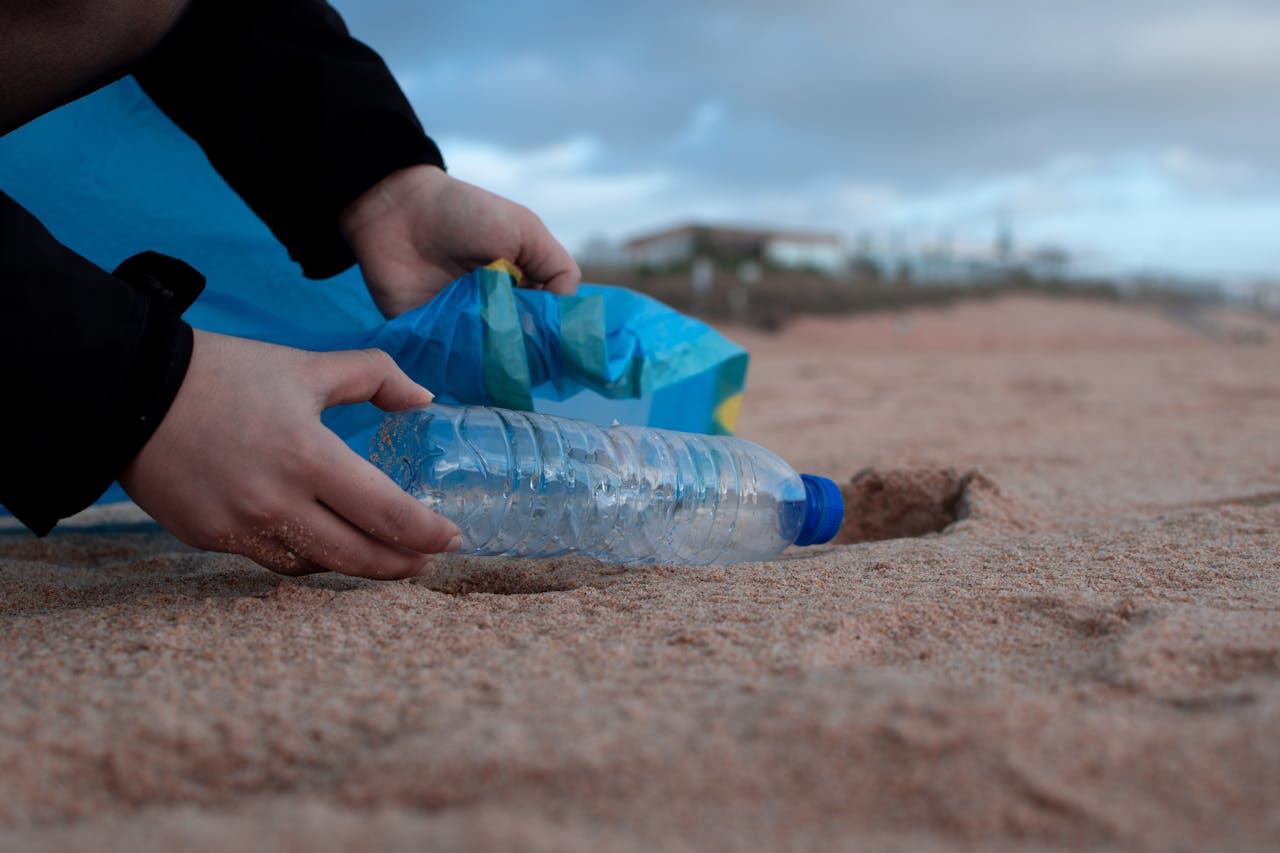
Policy case
How catadores power Brazil’s circular waste management
0
0
Waste pickers, or catadores, play a crucial role in Brazil’s waste management and circular economy. Official statistics estimate over 281,000 informal catadores active in recycling chains, with 94% operating in urban areas. As urban populations grow and economic and environmental crises deepen, the number of informal jobs like waste picking is expected to rise. Catadores contribute significantly by segregating and collecting recyclables—especially high-value materials such as aluminium cans and glass—for which Brazil’s recycling rates are impressive and outperform those of some European countries and the US. Notably, the aluminium can recycling rate has reached over 90% in 2022, largely due to the efforts of catadores.
Problem
With only 25% of Brazilian municipalities implementing source separation, catadores effectively fill a critical gap in formal waste segregation systems, reducing the mass of MSW destined for disposal by about 20%. Brazil’s largest landfill in South America further underscores the importance of catadores as frontline responders to waste overflow. However, these informal workers often lack job security, stable income, healthcare, and social protections. The number of catadores tends to increase during economic downturns, as informal work serves as a safety net when access to formal employment declines. Approximately 30% report receiving no support from government or civil society to cope with extreme weather-related events, which 91% have experienced in the past year, including abnormal heat and flash floods. Despite their essential contributions, catadores face significant hazards from such events both at work and at home.
Solution
Brazil offers several notable examples of inclusion and support for waste pickers. Since the late 1980s, cooperatives of catadores have been formed, and inclusive recycling systems integrating catadores as service providers emerged in the early 1990s. The National Movement of Waste Pickers was established in 2001, and the 2010 National Solid Waste Policy formally recognised informal workers, acknowledging waste picking as an official profession since 2002. Although only around 15% of catadores are organised in cooperatives, these groups provide vital political representation, training, and improved working conditions through partnerships with local governments. Successful cooperatives exist in cities like Belo Horizonte, Rio de Janeiro, Recife, Salvador, and Niterói. For example, Coopamare in São Paulo collects around 100 tonnes of recyclables monthly. These cooperatives transform informal waste picking from a marginal nuisance into a recognised and legitimate system within municipal waste management.
Outcome
Catadores are responsible for recycling over half of Brazil’s plastic and contribute to the country’s high national recycling rates, including 97% of aluminium cans and 67% of cardboard in 2021. Their work helps reduce carbon emissions and extends material lifecycles. Given ongoing urbanisation, extreme weather risks, and circular economy goals, the demand for informal waste management roles like catadores is likely to increase. With enhanced support and cooperative inclusion, this growth could translate into more secure circular jobs. Yet, extreme weather events, economic precarity, and limited state support continue to pose significant challenges for this vital workforce.
Additional information
For a detailed discussion on informal work and Brazil’s circular labour market, see [Brazil's circular jobs](https://dashboard.dev.circularity-gap.world/report/brazil/circular-jobs).
